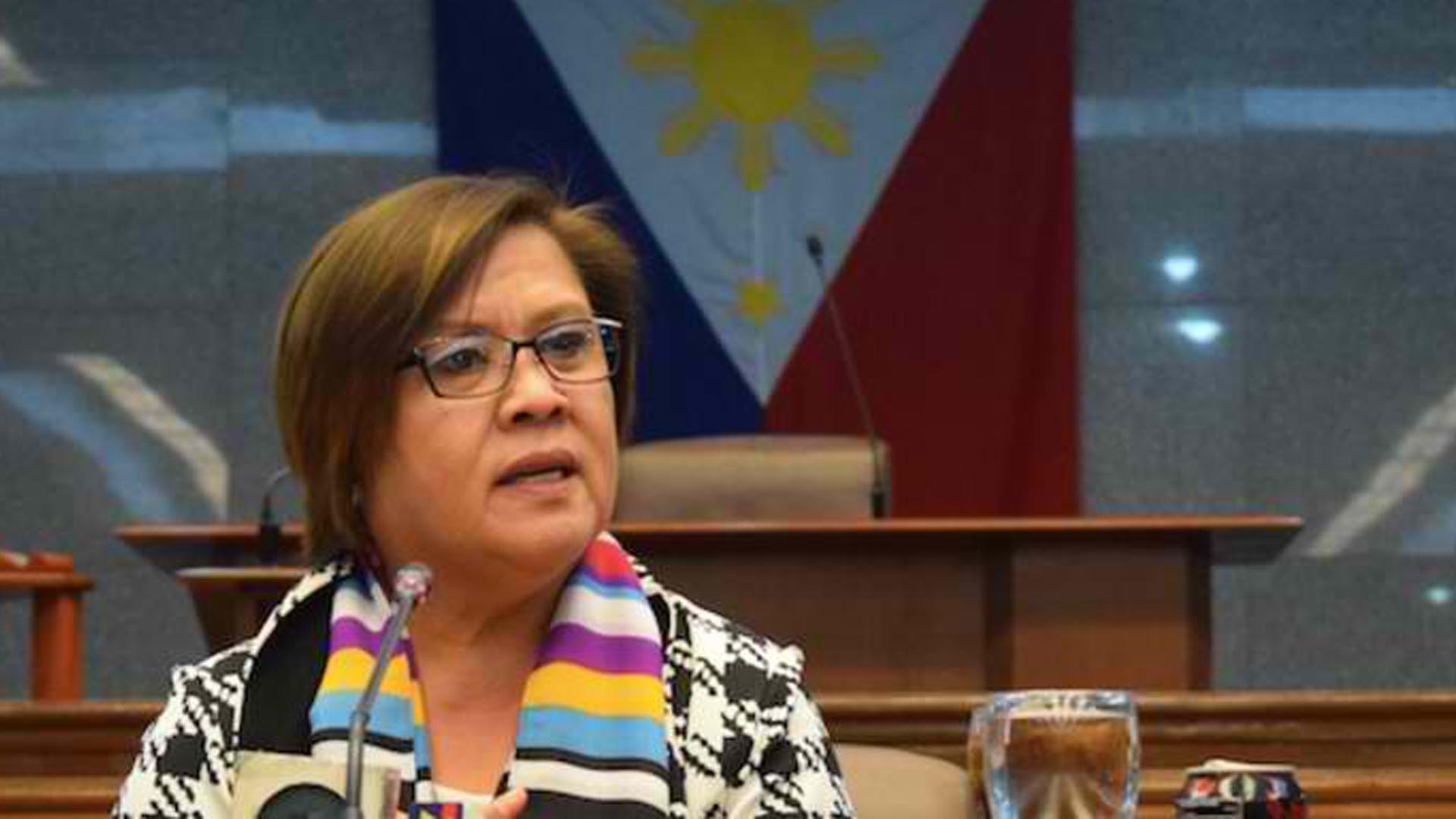Opposition Senator Leila M. de Lima has urged the government to stop dehumanizing inmates by perennially failing to come up with a comprehensive solution that could help decongest jails and address other complex needs of the correctional sector.
De Lima, a social justice and human rights champion, maintained that a wholesale condemnation and maltreatment of Persons Deprived of Liberty (PDLs), is tantamount to “a condemnation of humanity.”
“Each society should be judged by the value it puts on human dignity and human conscience. Failing on this score is to brutalize the human spirit and humanity,” she said in her recent Dispatch from Crame No. 625.
“Our treatment, for example, of Persons Deprived of Liberty (PDLs), those confined in severely congested and decrepit national prisons and city jails, warrants serious reflection,” she added.
Under Article 10 of the International Covenant on Civil and Political Rights, the term “PDLs” is used as the proper generic name to refer to detainees, inmates or prisoners who are confined in jails or prisons while awaiting judgment or undergoing trial, or already serving sentence upon conviction.
In strict compliance to the universal principle of restorative and rehabilitative justice, PDLs are to be treated “with humanity and with respect for the inherent dignity of the human person” according to United Nations protocols.
The lady Senator from Bicol said the government and the Filipino public should think about the ordinary PDLs who are “reformable” if given a right environment, as well as those who were wrongly charged for the crimes they did not commit.
“There are shining examples of ex-PDLs—deserving grantees of GCTA (Good Conduct Time Allowance), commutation of sentence, pardon and parole and simply expiry of prison terms, who are earnest in their present lives of freedom and redemption,” she pointed out.
“Think also of innocent PDLs—those unjustly detained (while) awaiting judgment and those wrongfully convicted, themselves victims of injustice, casualties of our flawed justice system,” she added.
De Lima also asked the government to reconsider its decision to abandon the construction of a state-of-the-art prison facility inside the Fort Magsaysay Military Reservation in Nueva Ecija to address the age-old and worsening prison congestion in the country.
“Tough-sounding measures, like deployment of SAF and AFP forces to NBP, occasional demolition of “kubols” (huts or private quarters) and rounding-up of inmates, but without suitable and long-overdue physical infrastructures and other long-term structural and institutional reforms to address the complex needs and problems of the correctional sector, simply won’t work,” she maintained.
According to De Lima, it is unfair to be swayed by deep-seated prejudices against the inmate population in general, merely because there are “incorrigible, notorious and seemingly non-reformable high-profile and high-risk PDLs like the drug lords.”
In the 18th Congress, she refiled Senate Bill (SB) Nos. 180 and 181, to be known as the “Prison Reform Act of 2019,” and the “Unified Corrections and Jail Management System Act of 2019,” respectively, to introduce comprehensive reforms in the country’s prison and correctional systems.
SB No. 180 seeks to institutionalize prison reform and restorative justice in the country’s correctional system to ensure the effective reintegration of inmates while SB No. 181 seeks to unify corrections and management system by centralizing the management of all prisons and jails under a single government authority.
Her two abovementioned bills, while unacted upon in the 17th Congress, are now under consideration, along with other prison reform bills, at the Committee level by the Senate Committee on Justice and Human Rights, chaired by Sen. Richard J. Gordon.







